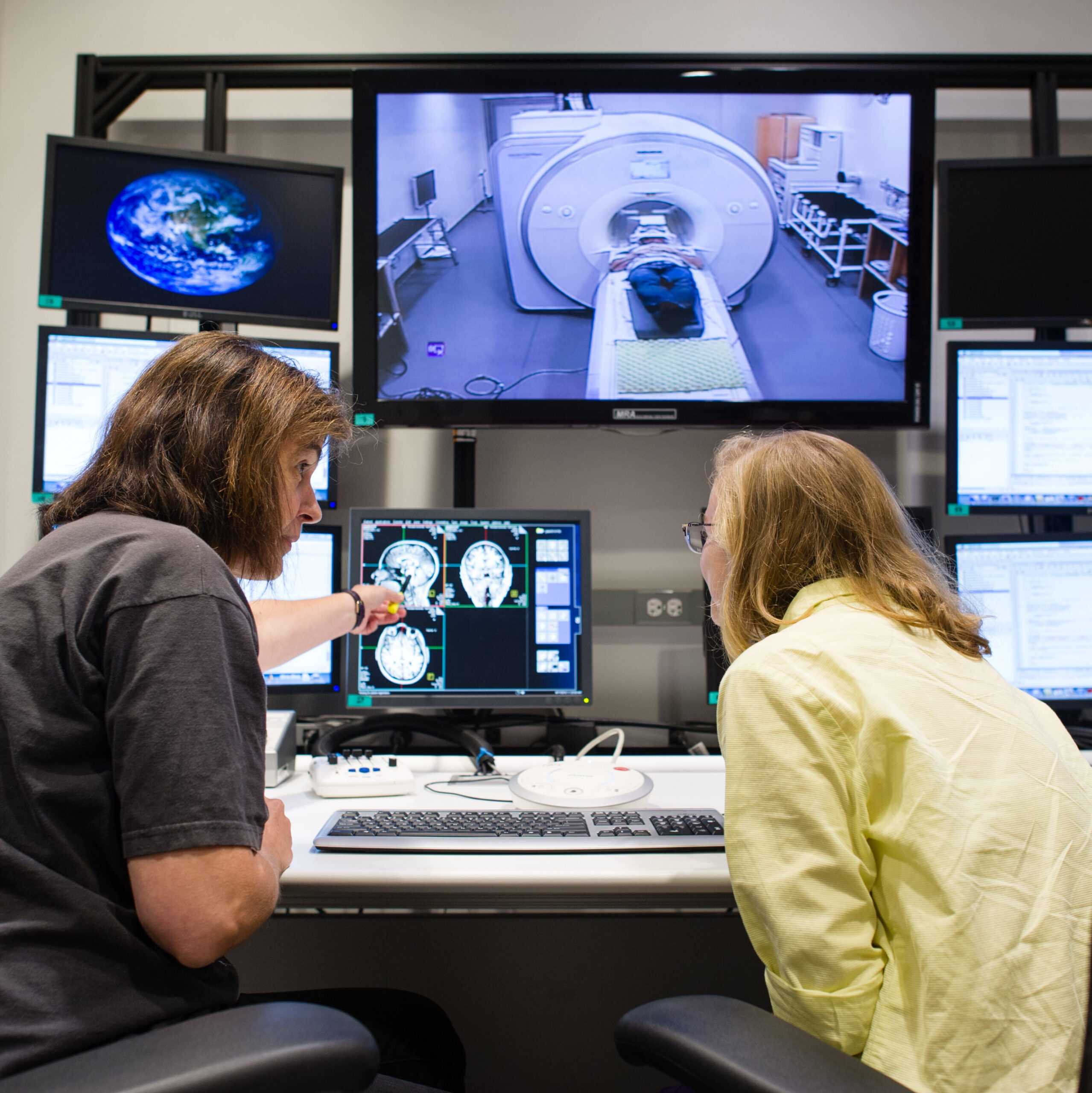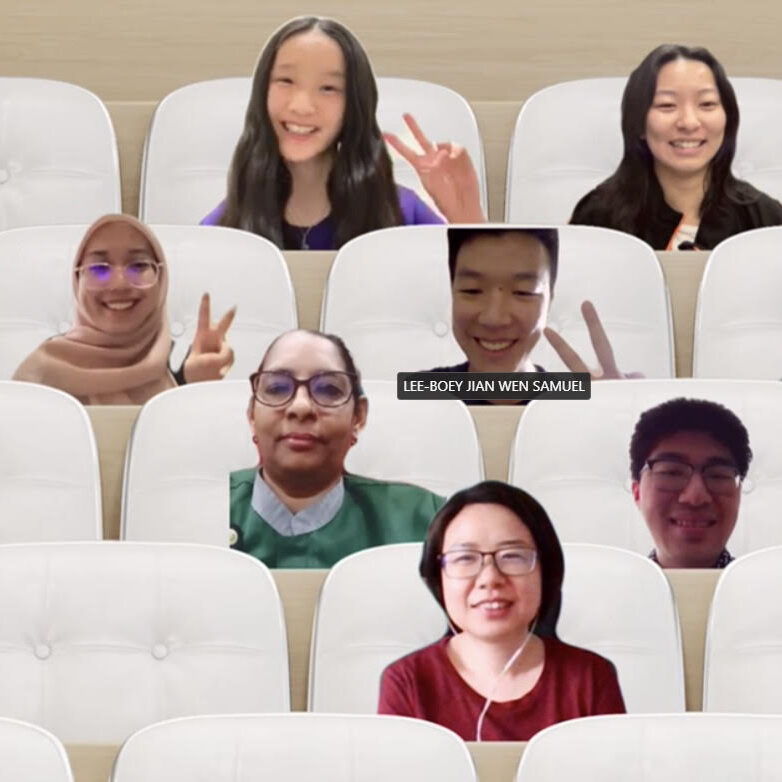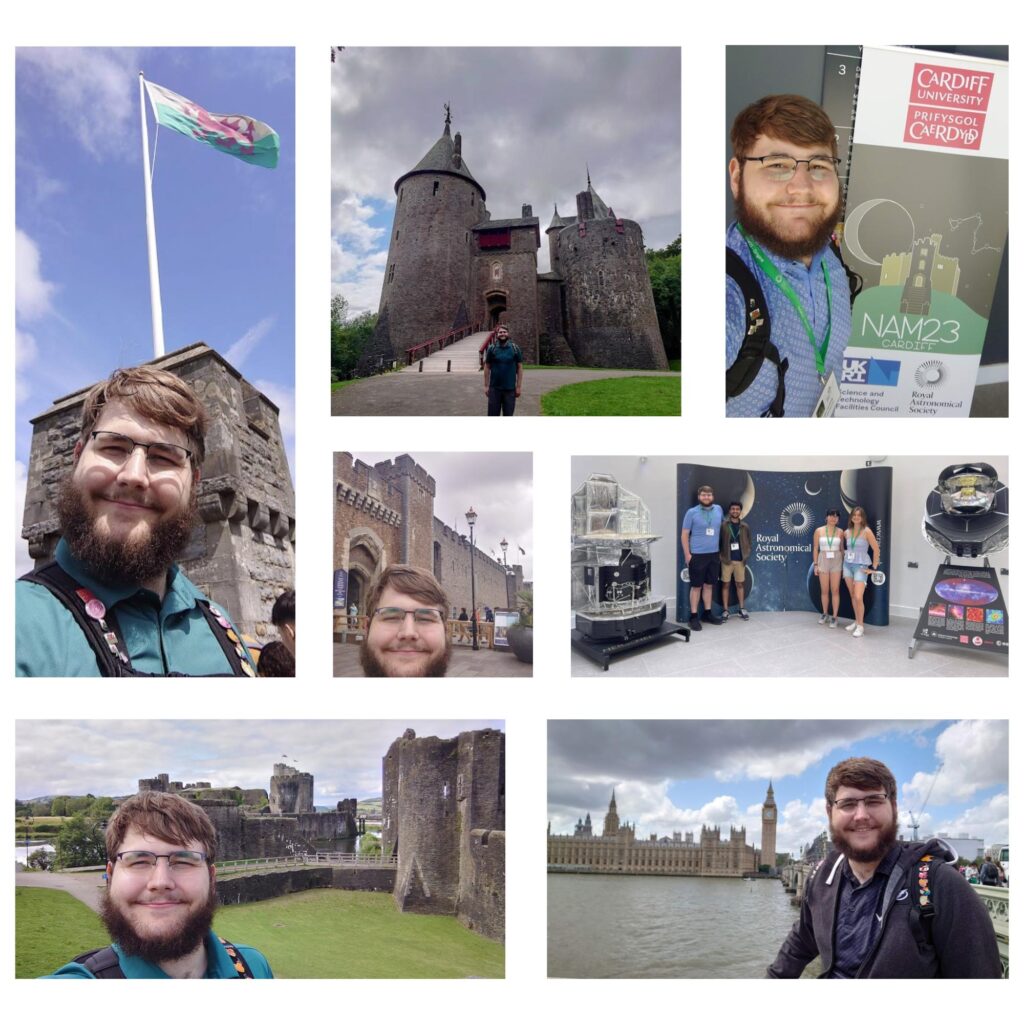As another semester draws to a close and winter break looms, now is the perfect time to make a plan for independent work over break. The flexibility of break can give you the freedom to work on your own schedule, but it can also be challenging to keep making progress without the external structure of the semester. Here are a few things that I’m doing before leaving campus to help set me up for thesis writing over the break:
Continue reading 6 Tips to Prepare for Independent Work Over BreakBeyond the Orange Bubble: A Guide to Thesis Research Abroad

One of the greatest benefits of being a Princeton student is the unparalleled access to international opportunities. Whether it’s traveling for classes and clubs, completing an IIP (International Internship Program), doing fieldwork through HMEI (High Meadows Environmental Institute), taking a Global Seminar course through PIIRS (Princeton Institute for International and Regional Studies), or participating in Princeton’s many language programs abroad, many students find ways to leave the Orange Bubble—literally. To become better-informed global citizens, it is important not only to study the world from Princeton, but also to spend time in the world beyond Princeton.
One powerful way to do this is by conducting research abroad. When I was a junior preparing for my senior thesis, I knew I wanted to incorporate an international dimension into my work and, if possible, travel over winter break of senior year. Although I had been fortunate to travel domestically through Princeton, I hadn’t yet taken advantage of any study or research opportunities abroad. Winter break of senior year is one of the last, and most popular, chances to do so. Princeton has a wide range of thesis funding sources, which makes it very possible to take your research to an international site.
Continue reading Beyond the Orange Bubble: A Guide to Thesis Research AbroadA Quick Guide to Writing a Funding Proposal
After having discovered a potential funding opportunity, you might be reading the requirements for the application and find that you need to write a “research proposal” as a part of the application. This might be your first time writing a funding proposal. Here are a few tips to assist you in writing your funding proposal!
Continue reading A Quick Guide to Writing a Funding ProposalA Quick Guide to Securing Funding

You’ve brainstormed a great idea for your research project. You have the details of your topic all figured out, but you need some assistance with figuring out the logistics of the financial aspects that come with your great idea.
If that’s you, here’s a quick guide on one way of securing funding as a Princeton student!
Continue reading A Quick Guide to Securing FundingPaid Part-Time Research Jobs At Princeton

Princeton undergraduate students usually gain most of their research experience from things like independent work, theses, research-based courses, or summer research. However, you might not know that there are more options to do research during the school year: working a part-time job! Some of the most common part-time campus jobs you may think of might be working in a dining hall or at library reception, but you can actually do academic research and get paid for it. This isn’t limited to just STEM majors either; part-time research jobs exist across the humanities and social sciences and are offered by a wide range of departments. You could earn money and get work experience while analyzing literature, writing code, processing data, or working hands-on in a lab!
Here’s a quick guide on how to search for these jobs:
Continue reading Paid Part-Time Research Jobs At PrincetonApplying to Summer Programs

Applying to summer programs can seem like a daunting task when you may not even know what you want to do next summer. The busyness of the semester certainly hasn’t created a ton of time to be thinking about these things! Fortunately, winter break is a great time to work on applications to summer programs, as many of the earlier applications are often due early in the year. Having prepared them beforehand can ease a lot of stress, since the middle of the spring semester isn’t the most convenient time to be starting these applications. These timelines can vary by field, so it could be a bit different based on the type of program you are applying to—the career center has a great timeline of internship recruitment that is sorted by field so you can see the differences. Regardless, it’s great to work on these during the break when you don’t have courses.
You may be looking for something far away, here in Princeton, an industry internship at a company, or a research program at a university. Regardless of if you know exactly what you want to do or still aren’t sure, here are some tips to help you sort through this process.
Continue reading Applying to Summer ProgramsWhy Internships in Global Health?
2024 Program Applications Are Open!

The Global Health Program hosts a wide variety of research internships on global health topics each summer. They provide a fully-funded experience for students of all class years and backgrounds to explore urgent health issues in regions all around the world. This eye-opening summer will help you learn about the differences in healthcare access and treatment globally, and contribute to impactful solutions. I had the incredible opportunity to conduct research and data analysis on Type II Diabetes treatment in Malaysia while interning at the University of Malaysia for the 2023 Internships in Global Health Program. Here are a few of the biggest takeaways and highlights of my internship so that you can get excited about the 2024 program!
Continue reading Why Internships in Global Health?Doing Summer Research Abroad (Princeton IIP)

Last summer, I went abroad on a fully-funded internship doing astrophysics research at Cardiff University, in Cardiff, Wales, UK. This experience not only solidified my career decision to pursue astrophysics research, but also gave me a unique immersion into Wales and Welsh culture as well as the broader United Kingdom. If you are curious about research abroad, read on!
Continue reading Doing Summer Research Abroad (Princeton IIP)2024 ReMatch+ Program
Get excited for this hands-on research opportunity: incredible 2023 undergraduate projects and AY23-24 fall events

ReMatch+ is an incredible summer research program for first-year and second-year undergraduate students at Princeton. Launched in 2014, the program connects undergraduate students with dedicated, knowledgeable Princeton graduate students and postdoctoral fellows working across a diverse range of disciplines. Each year, ReMatch provides fellowship funding for joint summer research projects and mentorship between undergraduates and graduate students/postdoctoral fellows. Sign-ups for interested students and fall events are currently open; I encourage you to join the interest list to learn more about this incredible opportunity here. Here is a sample of some of the 2023 summer projects conducted by students with various interests and experiences to help you gain a sense of the breadth of opportunities provided by ReMatch.
Continue reading 2024 ReMatch+ ProgramA Look Inside TigerResearch: A Gateway to Princeton Professors’ Research Interests
Last year, I wrote an article on The Creation of TigerResearch, a platform created by three Princeton undergraduates (Vivek Kolli ‘24, Eric Ahn ‘24, and Alex Zhang ‘24) to help students to easily discover Princeton professors and learn more about their research focuses. Through my interview with Vivek, I was able to see how students at Princeton take their entrepreneurial ideas and bring them to life, creating new solutions that help other students become more engaged with research on campus.
TigerResearch homepage welcome message
This year, as I continue to explore my own research interests, I find myself returning to TigerResearch. I’m interested in learning more about my professors’ research backgrounds, particularly in what their latest and current work is on and how it relates to the discussions and material we cover in class. So, I wanted to take this opportunity to delve deeper into TigerResearch.
Continue reading A Look Inside TigerResearch: A Gateway to Princeton Professors’ Research Interests


